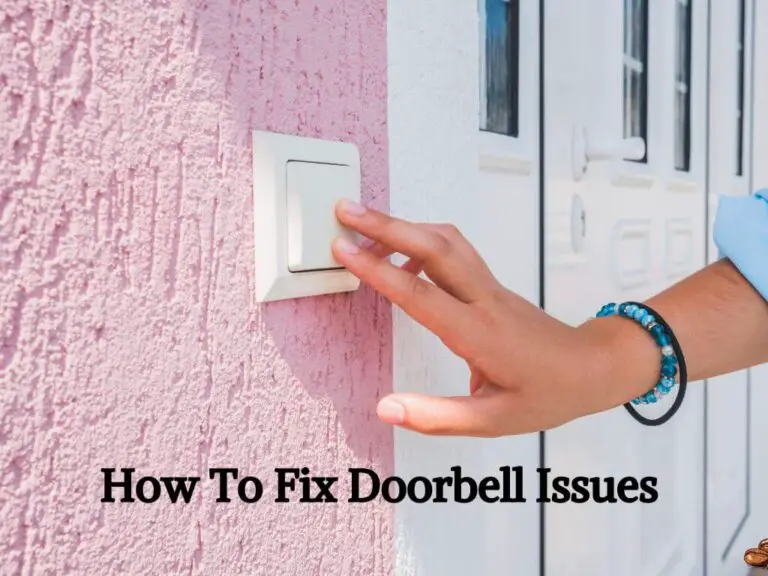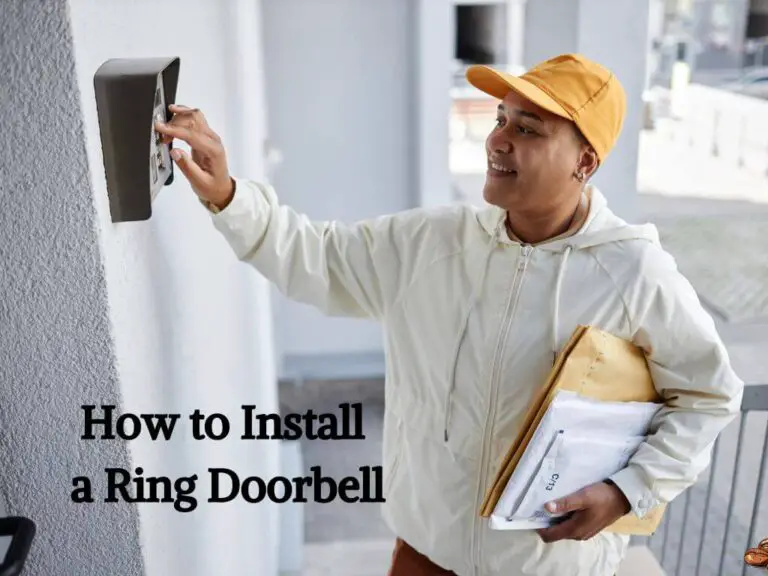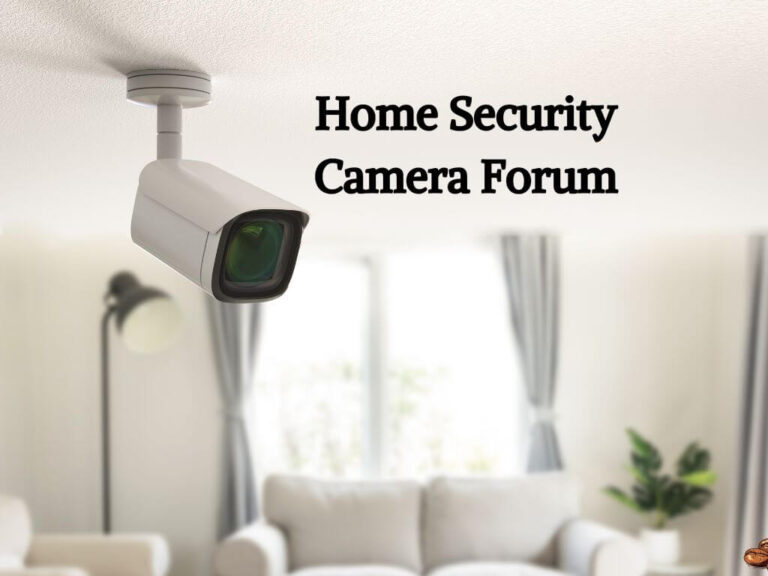Home security systems provide peace of mind and deter break-ins, but effectiveness varies. Costs and complexity can be significant, demanding careful consideration.
Introducing The Truth About Home Security Systems
Home security systems have evolved dramatically, becoming a crucial part of home safety strategies. Today’s market offers a wide array of options, from basic alarm setups to fully integrated smart home systems. Consumers can choose between do-it-yourself kits and professional installation, each with its advantages and potential drawbacks.
Understanding the true value of these systems requires an analysis of their features, reliability, and the level of security they provide versus the investment required. It’s imperative to assess the needs of your household, local crime rates, and your comfort with technology before making a decision.
With the right information at hand, homeowners can select a system that offers the right balance of protection, convenience, and cost.
The Importance Of Home Security Systems
Imagine a shield around your home, a barrier that keeps danger out and peace in. Home security systems act as this shield. They protect families, homes, and possessions. A good system deters criminals. It also allows quick help during emergencies. Now, let’s explore why such a system is a must-have.
Protecting Your Loved Ones
The safety of family is top priority. With home security systems, you are ensuring their protection, day and night. These systems can include alarms and cameras. They keep an eye out for danger. A loud alarm can frighten intruders. It also alerts neighbors and authorities.
- Monitors for break-ins
- Sends emergency signals
- Deters potential burglars
Safeguarding Your Valuables
Valuables like jewelry, electronics, and important documents need protection. Break-ins can lead to significant financial loss. Home security systems offer layers of defense. This includes door/window sensors and safe alarms. You also get alerts on any suspicious activity.
- Prevents item theft
- Reduces insurance costs
- Provides peace of mind
Types Of Home Security Systems
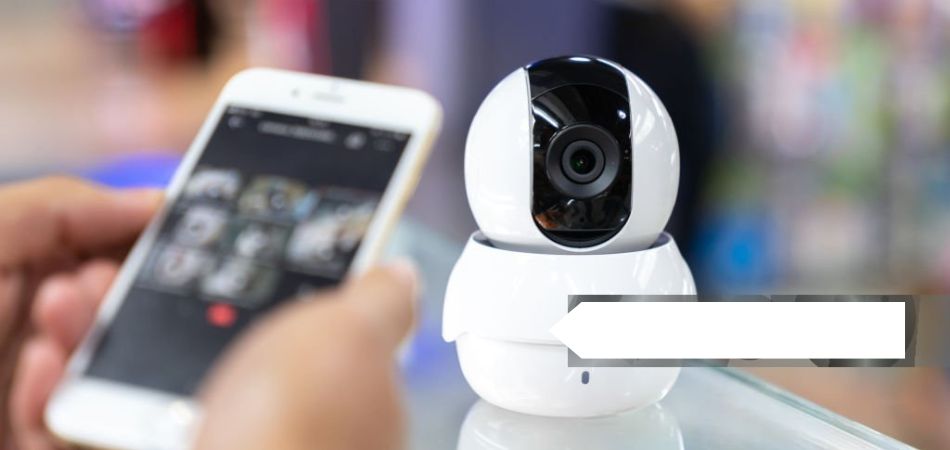
Feeling safe at home is priceless. With several home security systems available, choosing the right one can seem daunting. Let’s explore the popular types to find the best fit for your sanctuary.
Wireless Security Systems
Imagine a security setup without tangled wires or drilling holes. Wireless security systems offer this convenience. Here are the key benefits:
- Easy installation: No complex wiring means setup is a breeze.
- Flexibility: Move sensors as needed; ideal for renters.
- Remote access: Control via smartphone from anywhere.
Their simplicity does not compromise effectiveness. Still, they rely on batteries and a strong Wi-Fi connection.
Smart Home Security Systems
Smart homes are no longer the future; they are now. A smart home security system syncs with your home network, resulting in the following features:
- Integration: Connects with other smart devices for a seamless experience.
- Real-time alerts: Get notifications for any unusual activity.
- Custom automation: Program scenarios like lights on when a camera detects motion.
They offer unrivaled control but may require a bit more tech-savviness and a larger budget.
Key Components Of An Effective Home Security System
Peace of mind starts with knowing your home is safe and secure. The effectiveness of a home security system comes down to its components. Let’s explore the key elements that form a robust defense against intruders and emergencies, ensuring your family and belongings are well-protected.
Security Cameras
Vigilant eyes around your home, security cameras work tirelessly. They offer real-time monitoring and video recording. Place them at entry points and areas of high traffic for maximum effectiveness. Today’s cameras boast features such as high-definition video, night vision, and remote viewing capabilities.
Motion Sensors
Motion sensors act as an electronic watchdog for your home. They detect movement, triggering alerts or alarms when unexpected activity occurs. Ideally, they should cover all main areas inside the house, plus potential entry zones outside. They can include settings to ignore pets, reducing false alarms.
Smart Locks
Smart locks provide keyless entry and the ability to control access remotely. You can assign unique entry codes for family members or guests. Receive notifications on who enters or leaves your house. Extra security measures include tamper alarms and automatic lock features. This ensures your doors are never left unlocked accidentally.
Choosing The Right Home Security System For Your Needs
When safety is a priority, a reliable home security system becomes a must-have. The market offers various options, each with its own features and benefits. Finding the best fit for your home involves understanding your specific security needs and the available technologies. With the right system, peace of mind is no longer a dream but a reality.
Assessing Your Home’s Vulnerabilities
Assessing Your Home’s Vulnerabilities
Know where you need protection most. Start with a walk-around of your property. Look for easy access points like ground-floor windows or doors. Note areas that are dark at night or blocked from view. Your home’s layout, location, and potential risks are unique. This assessment is the first big step.
- Ground floor windows
- Dark areas needing light
- Hiding spots near doors
Understanding Monitoring Options
Understanding Monitoring Options
Different systems come with different monitoring solutions. Monitored services involve a company watching over your home 24/7. They alert you and authorities if there’s trouble. Self-monitoring is a more hands-on approach, using smart tech to send alerts to your phone. Decide which type suits your lifestyle.
| Monitored | Self-Monitored |
|---|---|
| 24/7 professional oversight | Direct alerts to your devices |
| Monthly fees | No ongoing costs |
| Immediate emergency dispatch | Control over response |
Diy Vs Professional Installation Of Home Security Systems
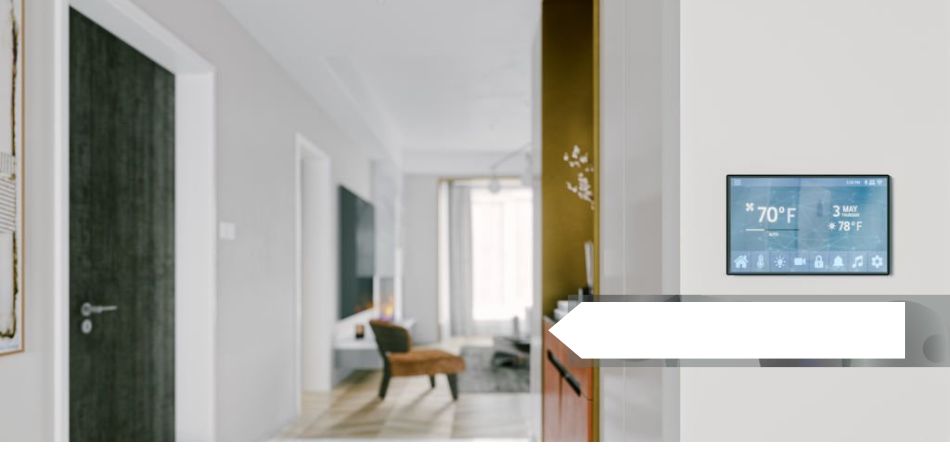
Deciding between DIY and professional installation for home security systems is a big choice. Each option has its benefits. Let’s explore what works best for your home.
Pros And Cons Of DIY Installation
- Cost Savings: DIY saves money as there’s no need to pay for labor.
- Flexibility: Install on your schedule and make changes as needed.
- Self-Monitoring: Control how you monitor your home security.
- Time-Consuming: It takes time to install and understand the system.
- Risk of Errors: Without experience, you might install incorrectly.
- No Professional Guidance: You miss out on expert advice for your setup.
Benefits Of Professional Installation
| Benefit | Description |
|---|---|
| Expertise | Technicians bring knowledge for optimal setup. |
| Convenience | Sit back while professionals handle the installation. |
| Reliability | Systems are often more stable with pro setup. |
The Bottom Line
Securing your home is not just about peace of mind; it’s a necessity. Home security systems have evolved, offering sophisticated solutions to modern safety concerns. As we’ve explored, the key lies in choosing a system that aligns with your specific needs.
Through informed decisions and smart investments, your home can become a haven of security and tranquility. Remember, a safe home is a happy home.
Frequently Asked Questions Of The Truth About Home Security Systems
Q1# Can Home Security Systems Be Hacked?
Although rare, home security systems can be vulnerable to hacking. However, choosing systems with strong encryption, regular updates, and using secure passwords significantly improves security and reduces the risk of unauthorized access.
Q2# How Do Home Security Systems Deter Burglars?
Home security systems deter burglars through visible signage, alarms, and cameras. The presence of a system suggests a heightened risk of being caught, which is a powerful deterrent for criminals looking for easy targets.
Q3# What Features Do Modern Home Security Systems Include?
Modern home security systems boast features like high-definition cameras, motion sensors, and remote access via smartphones. They also include smart home integration, 24/7 monitoring, and instant alerts for unusual activity.
Q4# Are Home Security Systems Worth The Investment?
Home security systems are a valuable investment for peace of mind. They deter burglars and can reduce home insurance premiums. Moreover, modern systems offer remote monitoring, adding an extra layer of convenience and safety.

